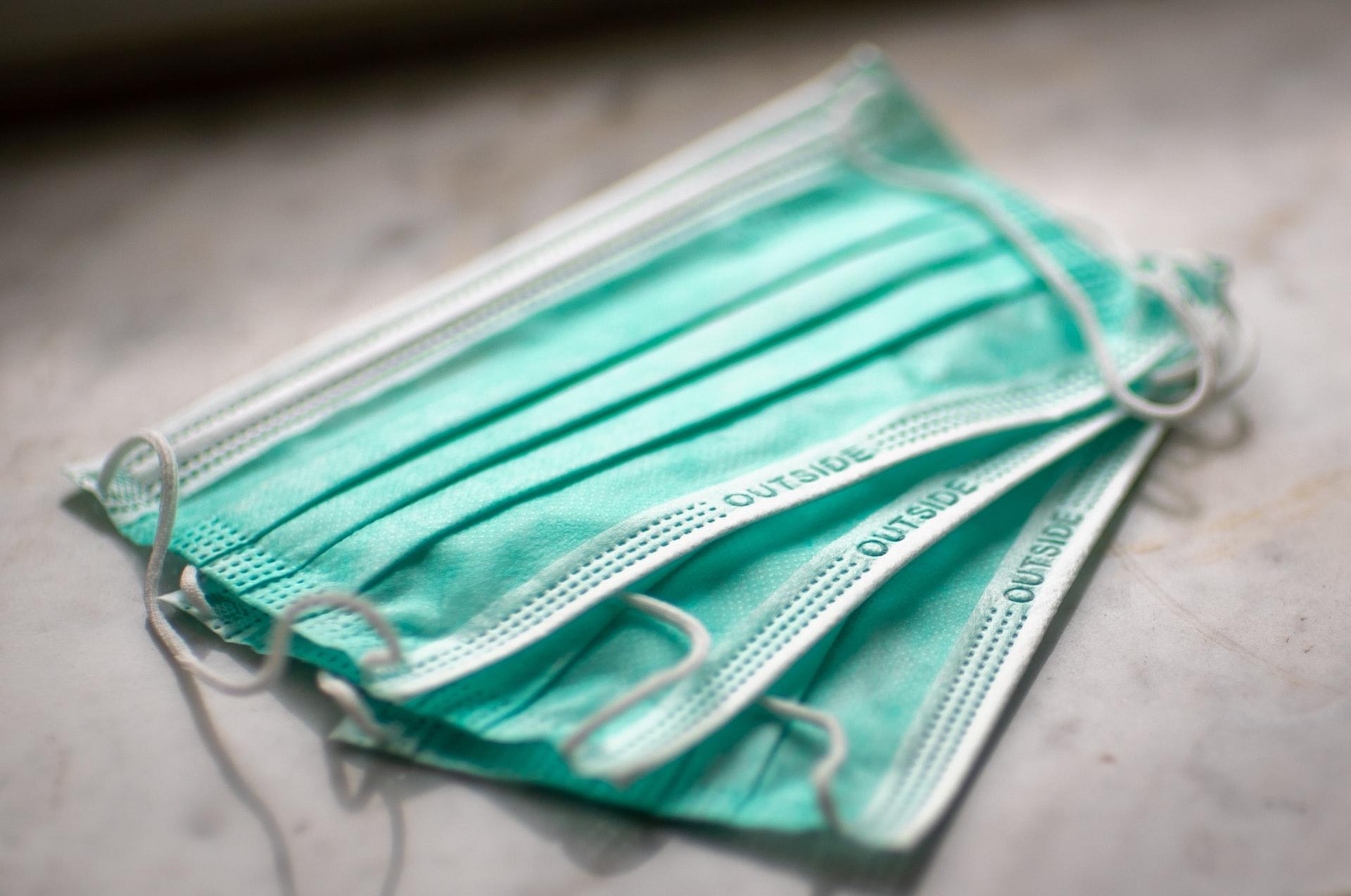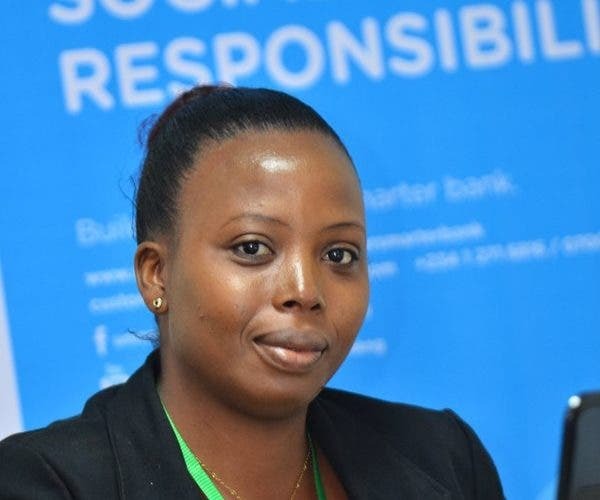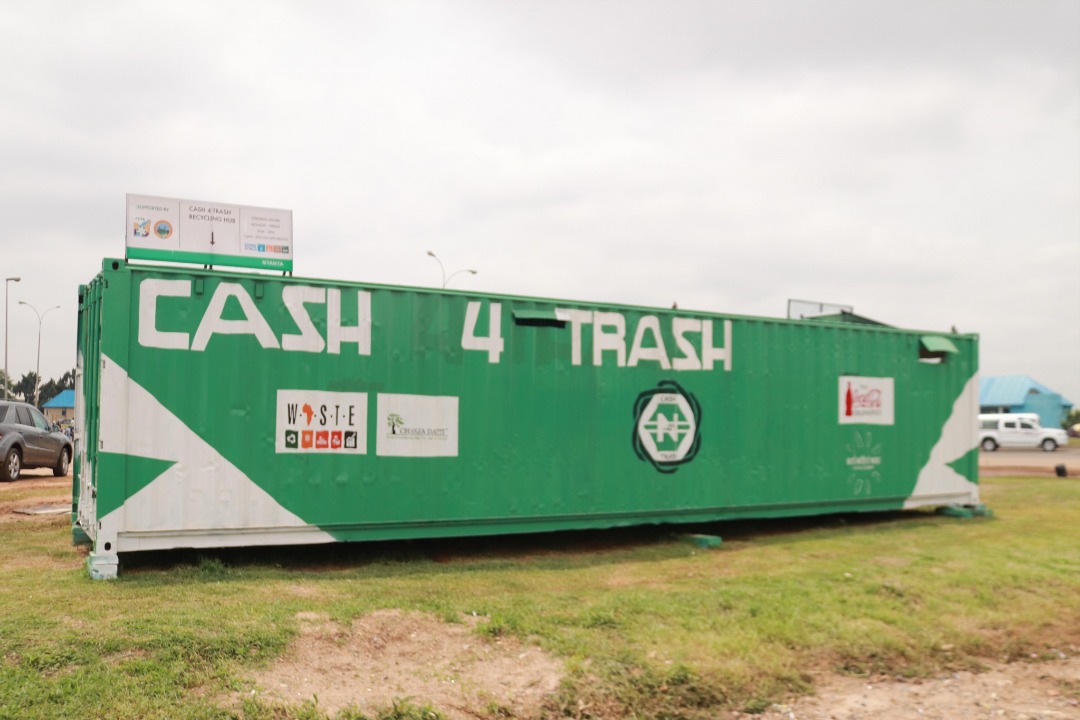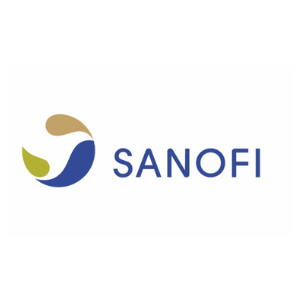The coronavirus pandemic has brought devastating changes to global activities. Production and provision of goods and services have been seriously affected in various ways. The World Bank baseline forecast envisioned a 5.2 percent contraction in global GDP in 2020, using market exchange rate weights and the world is experiencing this reality right now. 2020 has essentially seen the deepest global recession in decades.
Due to the current pandemic which has continued to ravage the world, there are hardly any goods merchant or service providers whose modes of operation have not been adversely affected. Since the outbreak of the disease in Nigeria in February, travel costs, food prices, phones, garments, and others have been gradually rising.
The global threat has contributed to a worldwide shutdown of many businesses. As a result of the ensuing health crisis and the 760,000 deaths reported so far around the world, the epidemic has necessitated regional lockdowns, curfews, and other forms of restriction. These restrictions have been deployed as steps towards curtailing its spread. These constraints have done significant harm to global market demand, industries, revenue generation, and jobs, among others.
The alarming speed with which the virus spread caught many economies by surprise, Nigeria included. The collapse in oil prices, as well as slow response tactics, are major factors responsible for the dire economic situation. The latest World Bank Nigeria Development Update (NDU) reported a plunge in the Nigerian economy into a severe economic recession, which would be the worst since the 1980s.
For a while now, oil has represented upwards of 80% of Nigeria’s exports, 30% of the country’s banking-sector credit, and 50% of the overall government revenue. The unprecedented drop in oil prices has induced a forecast of a drop in government revenues, from an already low 8% of GDP in 2019 to 5% in 2020.
In response to these economic bearings, the government has put in place a number of financial structures, the adjustment of the official exchange rate being one of them. The official exchange rate was adjusted from 306 to 360 naira. The exchange rate under the investors and exporters (I&E) sector was also adjusted from 360 to 380 naira in order to unify the exchange rates across the I&E, Bureau de Change, and trading sectors.
The PayTV industry also wasn’t left out, as StarTimes recently announced an increase in subscription fees that took effect on August 1. The company has announced an average increase of 22 percent across its various subscription bouquets. The PayTV then said StarTimes Basic Bouquet subscribers will now pay N1,700 monthly, an increase from the previous N1,300. Classic Bouquet subscribers will pay N2, 500 an increase from the previous N1,900 a month.
In the food sector, the average price of N19,250, a 50kg bag of rice has skyrocketed to N25,750. That is a 34 percent increase. All these and more are proof that Covid-19 has brought about a huge change in Nigeria’s system and there is now no choice but to deal with them because a lot of businesses are going to be packed up in due time.
Shoprite, the South African retailer has struggled in Nigeria due in large part to intensified competition and unfavourable government policies and measures such as border closures. Shoprite Nigeria was confirmed to have lost 8.1 percent of revenue in the 2019 H2.
Shoprite, meanwhile, is not the only South African company that recently declared its departure from Nigeria. Another business from South Africa, Mr. Price, will leave Nigeria to concentrate on the South African sector. The business has now closed 4 of its five retail outlets in Nigeria.
The impact of unfavourable economic conditions is being felt by various Nigerian businesses organizations across different sectors, from airlines to banks, to media, and so on.
Faced with “the devastating effects on its operations and financial health”, the management of Air Peace, which employs nearly 3,000 people said in a statement that it had to take “a painful but legal decision” of dismissing some of its pilots and reducing “the salaries of all staff”.
Arik Air, another leading Nigerian airline had in April announced that it will implement an 80 percent pay cut for all members of staff across the entire organization. It also said that 90 percent of its staff will proceed on leave without pay until further notice. According to Roy Ilegbodu, the company’s Managing Director, the review is a result of a sharp decline of 98 percent of the airline’s revenue stream, decline in Naira value, as well as current oil prices.
Access Bank, one of Nigeria’s largest financial institutions also made the decision to restructure staff salaries “across the institution as a result of the impact of COVID-19.”
“Faced with the current economic crisis resulting from the pandemic, we have taken certain measures to control costs across the institution at all levels, to achieve greater efficiency and continue to run a profitable business post-COVID-19,” Herbert Wigwe, the bank’s Group Managing Director and CEO, announced in a statement in May.
According to a survey report published by BHM, a Lagos based consultancy, over 50 percent of Nigerian journalists and media professionals experienced a pay cut as a result of the pandemic.
The difficult economic situation of 2020 has been made even more painful with some questionable regulations and policies introduced by the government, both at federal and state level. These have further dampened investor confidence and caused panic amongst entrepreneurs and business owners. Examples include the new amendments to Nigeria’s National Broadcasting Commission (NBC) Code which outrightly makes content exclusivity illegal for broadcast companies, VAT increase, at the Federal level.
Also, Lagos state government’s ban of commercial motorcycles and tricycles which caused the likes of Gokada, ORide, Max, and others to cease operations, the introduction of new levies on ride-hailing cab operators like Uber, Bolt, as well as a new 5% tax on “all audio and visual contents” from content producers.
Average citizens and pundits have taken to various media channels to voice their discontent over the new tax initiatives. Media consultant, Emeka Mba, in an interview, expressed that the tax imposed on content creators was not well thought out, highlighting that it was simply a “revenue-driven idea”. He also mentioned that the new development may give rise to a sit-down between the government and stakeholders. As the issue unfolds, content creators are hoping for a rapid resolution.
Media Consultant, @emekamba analyzes the new 5% tax on content creators in Lagos. #Content #contentcreators #ContentCreatorTax #PlusTV #PlusTVAfrica #AnetaFelix pic.twitter.com/15GL7eGvBQ
— Aneta Felix (@AnetaFelix) August 14, 2020
@adetolaov also took to Twitter to inform users of the tax placed on Online car-hailing businesses, such as Uber and Bolt. He cited that these companies were expected to pay N10 million for every 1,000 cars and a renewal fee of N5 million naira. He alluded also to the 10% service tax on cab fares which would go to the Lagos State Government, exclaiming that “it gets worse”. There is speculation that these companies may be forced to increase the price of fares. This has had an unsettling effect on individuals, especially due to the current harsh economic environment in the country
From August 20, Online car hailing business (Uber, Bolt etc) must pay Lagos state a fee of NGN 10 million for every 1,000 cars. Annual renewal fee is NGN 5 million.
10% of EVERY transaction paid by every passenger will be collected by Lagos state as service tax.
IT GETS WORSE!!
— Tola (@adetolaov) August 11, 2020
Quarantine orders have seen businesses start to get creative with their operations to deal with the crisis and to keep in business. But Nigerians, having been on the receiving end of these slow and sudden price hikes, have complained bitterly and insist that more be done as soon as possible.
The Nigeria COVID-19 National Longitudinal Phone Survey (COVID-19 NLPS), which was implemented by the National Bureau of Statistics with technical support from the World Bank reported that the impact of COVID-19 has been most strongly felt in the commerce, service, and agriculture sectors. 79% of its respondents reported that their households’ total income has decreased since mid-March. In addition, Some households found it more difficult to purchase staple foods like yam, rice, and beans during the seven days prior to the interview. The economic situation of the country is in urgent need of attention and a major understanding on the part of various stakeholders.
Despite being faced by the same burden, the organized private sector has invested over 27 billion Naira in supporting the government and Nigerians during this period. Most local and state governments have struggled, and the federal government has been unable to provide economic stimulus. If something urgent is not done, these companies will have no choice to either review their pricing or product offerings, or go out of business totally – especially seeing the government is asking them for more and tightening the noose when it comes to taxes and related matters.
Add a comment






